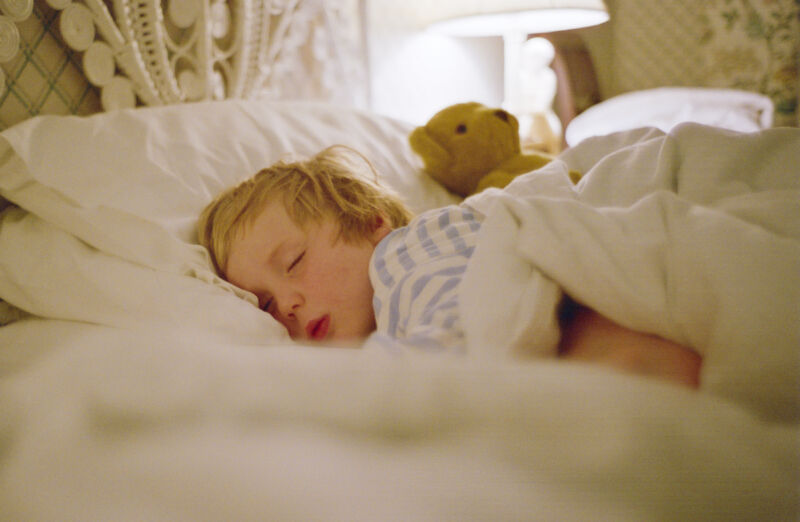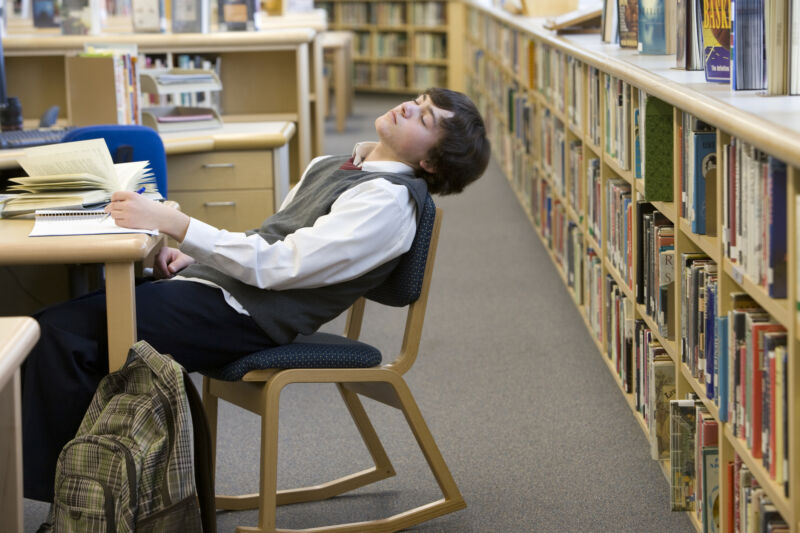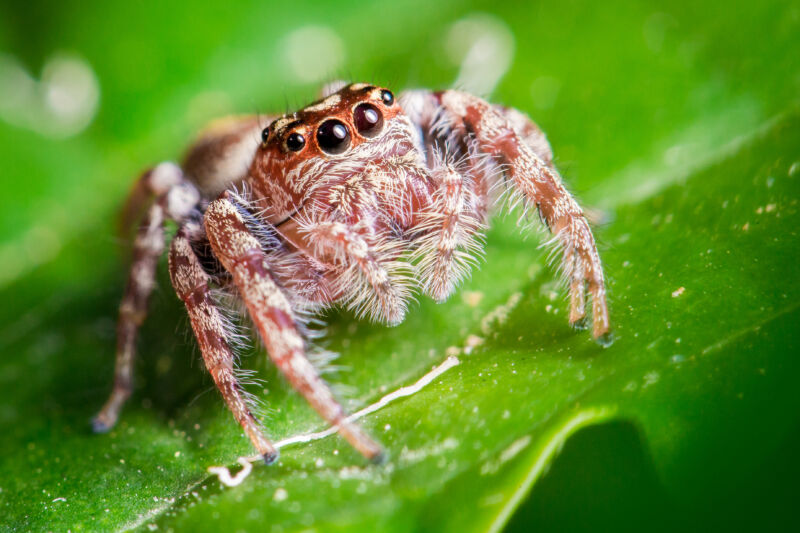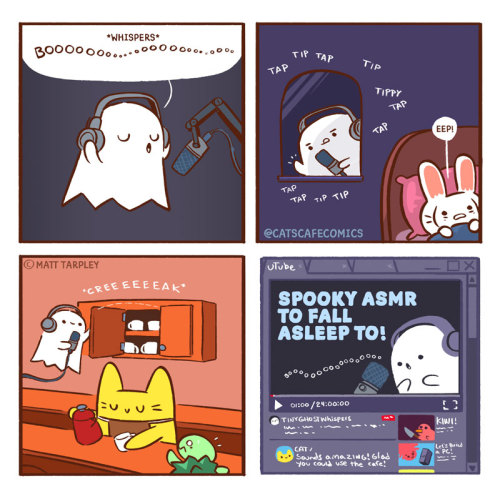-
 chevron_right
chevron_right
A look into the REM dreams of the animal kingdom
news.movim.eu / ArsTechnica · Saturday, 2 September, 2023 - 11:47
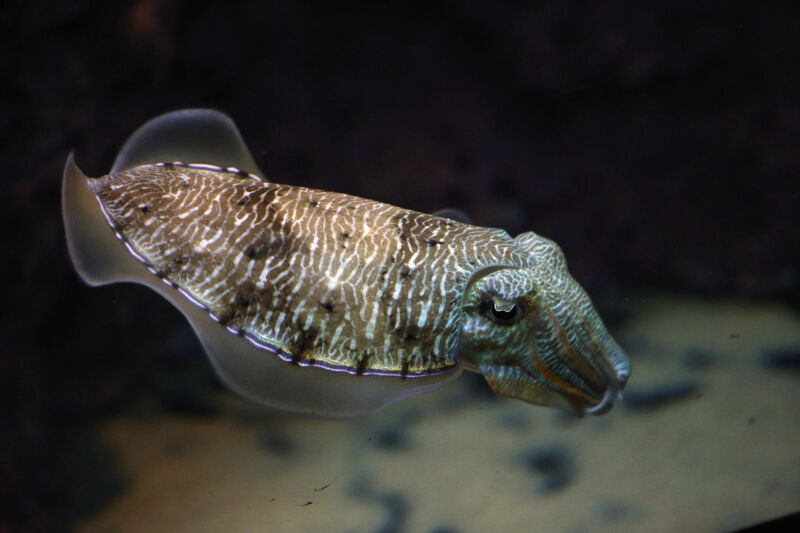
Enlarge / A cuttlefish swims in an aquarium at the Scientific Center of Kuwait on March 20, 2016, in Kuwait City. (credit: YASSER AL-ZAYYAT/AFP via Getty Images )
Young jumping spiders dangle by a thread through the night, in a box, in a lab. Every so often, their legs curl and their spinnerets twitch—and the retinas of their eyes, visible through their translucent exoskeletons, shift back and forth.
“What these spiders are doing seems to be resembling—very closely—REM sleep,” says Daniela Rössler, a behavioral ecologist at the University of Konstanz in Germany. During REM (which stands for rapid eye movement), a sleeping animal’s eyes dart about unpredictably, among other features.
In people, REM is when most dreaming happens, particularly the most vivid dreams. Which leads to an intriguing question. If spiders have REM sleep, might dreams also unfold in their poppy-seed-size brains?



